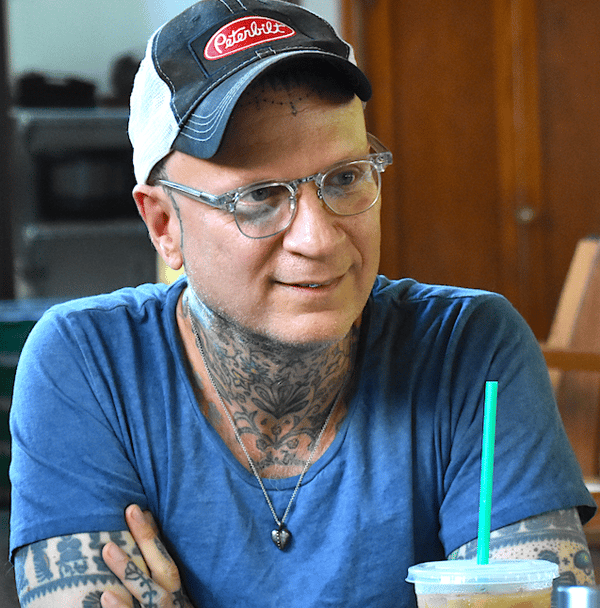If It's Hysterical It's Historical. (poor audio quality, recorded over zoom)
Dharmapunx NYC
josh korda
4.8 • 886 Ratings
🗓️ 6 November 2025
⏱️ 58 minutes
🧾️ Download transcript
Summary
Transcript
Click on a timestamp to play from that location
| 0:00.0 | believe that our emotions are being results conditioned by the events that surround us, |
| 0:10.2 | the events that are happening in our world, that sadness is due to perhaps a project that's |
| 0:19.7 | gone wrong or a date that doesn't pan out, |
| 0:23.6 | that stress is due to a big decision yet to be made, anxiety, due to a large tax bill, or to a specific event in the world. But actually, if you have a background in |
| 0:41.3 | psychology and you work in counseling, one of the first things you learn, what has been |
| 0:48.3 | driven home to me over 20 years in practice as a pastor and meeting with people is that our emotional states, |
| 0:57.8 | our affects, our moods, very rarely direct reactions to the present circumstances in our life |
| 1:05.5 | and the most recent events in our life. |
| 1:08.8 | They are largely evoked by what some psychologists call schemas, |
| 1:15.2 | other called scripts, other it called models. You get the idea templates based on the previous |
| 1:24.2 | experiences in our life, especially the experiences or patterns that occurred in childhood. |
| 1:32.6 | I think the first point that I'll be sort of drumming home is that it's so tempting to believe that whatever we're feeling or whatever emotional experience we're having is about |
| 1:47.7 | the situation in front of us or about the most recent emotional event in our life. |
| 1:54.7 | But any familiarity with psychological theory, neuroscience shows that that's actually not the case, that the way we |
| 2:05.3 | respond to the world is actually deeply conditioned by the early events in our life. |
| 2:14.3 | As we encounter a new situation, our brains don't build what we experience from scratch. |
| 2:22.8 | That would be too metabolically expensive for brains. |
| 2:27.4 | Brains that build their experience from the ground up, from actual sensory experience and weight to have emotional responses based on what's actually happening. |
| 2:40.0 | Those brains become exhausted and depleted very, very quickly. |
| 2:46.0 | It's not also safe to build our perception or emotional responses to the world from the ground up each time. |
| 2:55.4 | The way our brains survived is by relying on all the most formative experiences or patterns that happen to us and relying on them to guide us what to pay attention to, how to hold our bodies, what affects will provide the most safety, what emotions will keep us most attentive. |
| 3:21.6 | So relying on pre-existing models is both metabolically efficient, and it also provides |
... |
Transcript will be available on the free plan in 7 days. Upgrade to see the full transcript now.
Disclaimer: The podcast and artwork embedded on this page are from josh korda, and are the property of its owner and not affiliated with or endorsed by Tapesearch.
Generated transcripts are the property of josh korda and are distributed freely under the Fair Use doctrine. Transcripts generated by Tapesearch are not guaranteed to be accurate.
Copyright © Tapesearch 2025.

